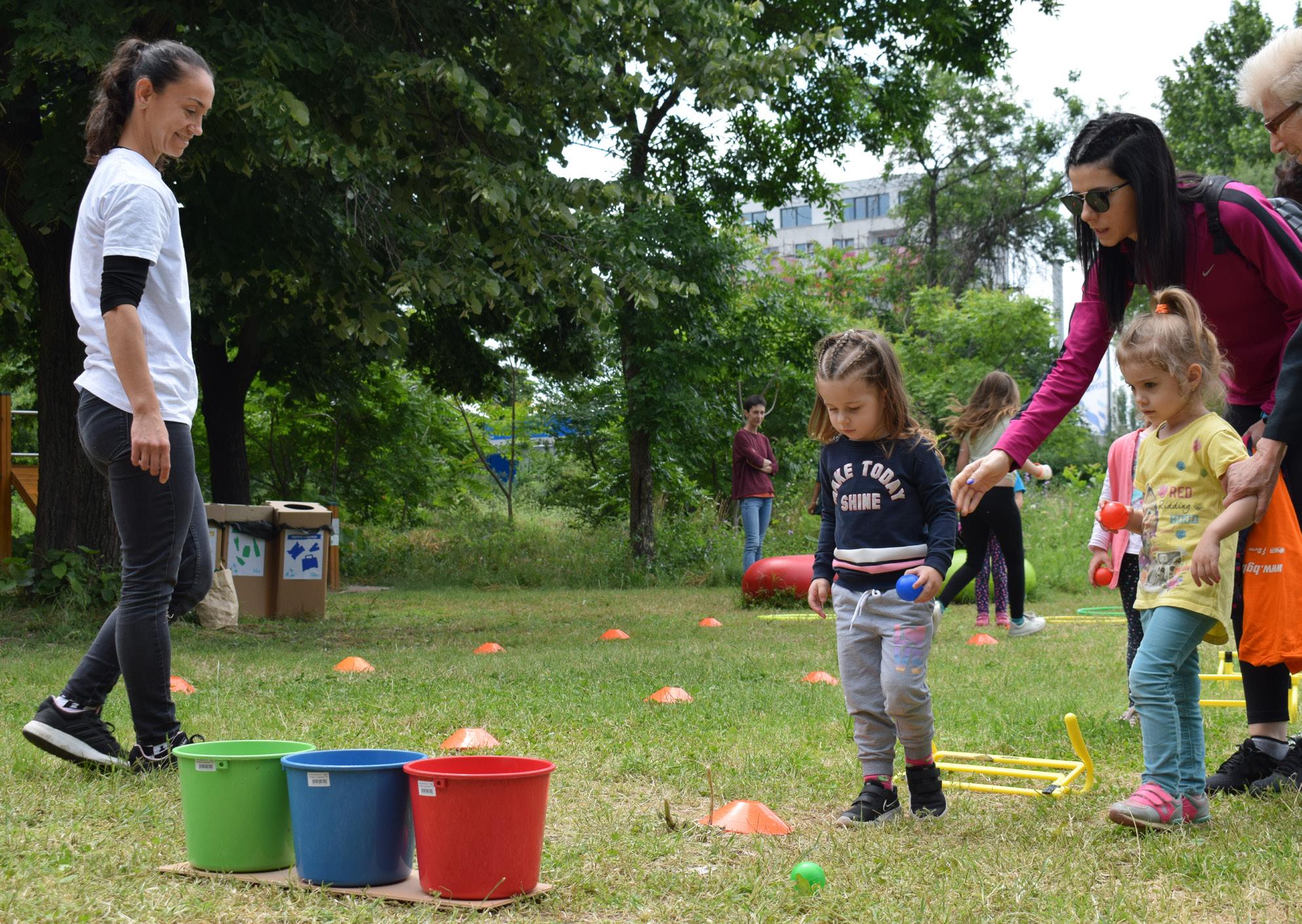Transforming Backyard Tackle Games into a Global Sport: A Growing Movement

The Run It Championship League is making waves as it introduces a new collision sport that has captured the attention of audiences worldwide. Originating from the backyard games of Australia and New Zealand, this high-energy competition involves two players charging at each other with the goal of dominating the contact. While the league has gained millions of views online and attracted significant sponsorship, it faces scrutiny from medical experts concerned about the potential risks associated with the sport, including serious injuries and even fatalities.
From the Schoolyard to the World Stage
The Run It Championship League has its roots in the informal games played by Pacific Islander communities in Australia and New Zealand. The objective is straightforward: one player, carrying a ball, must run straight at a defender, who is also sprinting toward them. Unlike traditional tackle sports, players are not allowed to dodge or sidestep, leading to intense collisions. The league’s co-founders, Brandon Taua’a and Stephen Hancock, reminisce about their teenage experiences playing the game in Melbourne, where they often tried to avoid direct hits. However, the stakes have risen significantly, with the league now offering substantial cash prizes, including A$200,000 for the winner of an upcoming event in Dubai. The league’s rapid growth has been fueled by viral videos showcasing the explosive action, but it has also raised concerns about safety, as some competitors have required immediate medical attention after matches.
Despite the excitement surrounding the league, critics argue that the sport’s violent nature poses significant risks. Medical professionals have voiced concerns about the potential for serious injuries, including concussions and long-term brain damage. The league has implemented safety protocols, including medical assessments for competitors and the presence of medical staff at events. However, some experts question whether these measures are sufficient to mitigate the dangers associated with such high-impact collisions.
‘An Innocuous Clash’
As the league gains popularity, tragic incidents have highlighted the potential dangers of the sport. Peter Satterthwaite, whose teenage nephew Ryan died after attempting the game at a party, describes the incident as an “innocuous clash” that had devastating consequences. Ryan participated in two tackles before feeling unwell and collapsing. Despite efforts to save him, he passed away shortly after being hospitalized. This incident has raised alarms among families and health professionals, prompting calls for greater scrutiny of the sport’s safety measures. Critics argue that the league’s promotion of such a dangerous activity sends a harmful message about masculinity and the acceptance of violence as a form of entertainment.
Mental health worker Shenei Panaia echoes these concerns, emphasizing that the sport reinforces harmful notions of masculinity and toughness among young men. She argues that the league’s commercialization of the game contradicts the values of community and care that are often emphasized in Pacific Islander cultures. As the league continues to expand, these voices of concern are becoming increasingly prominent, urging a reevaluation of the sport’s impact on participants and society.
‘Blood in the Air’
The debate surrounding the Run It Championship League is intensifying as experts warn of the potential long-term consequences of high-impact sports. Neuroscientist Alan Pearce argues that the league magnifies the most violent aspects of established sports, raising concerns about the safety protocols in place. He points out that while blood tests and physical exams are conducted, they cannot predict brain injuries, which can occur even without direct hits to the head. The risk of concussions and chronic traumatic encephalopathy (CTE) is a significant concern, as these conditions can lead to severe cognitive and emotional impairments.
Despite the mounting criticism, league organizers remain steadfast in their commitment to the sport. They assert that the competition is not solely about masculinity but rather about showcasing strength and skill. Taua’a emphasizes that the league’s safety measures make it safer than many backyard games. As the league prepares for its next event in Dubai, the tension between the excitement of the sport and the serious concerns about its safety continues to grow, leaving many to wonder about the future of this controversial new competition.
Observer Voice is the one stop site for National, International news, Sports, Editor’s Choice, Art/culture contents, Quotes and much more. We also cover historical contents. Historical contents includes World History, Indian History, and what happened today. The website also covers Entertainment across the India and World.

